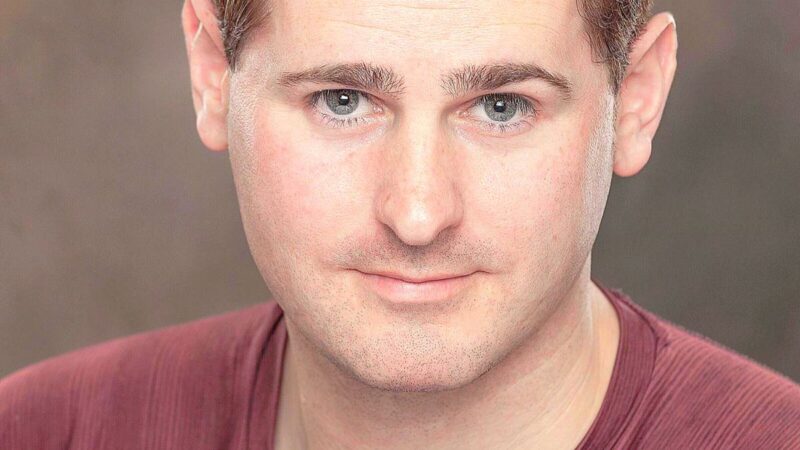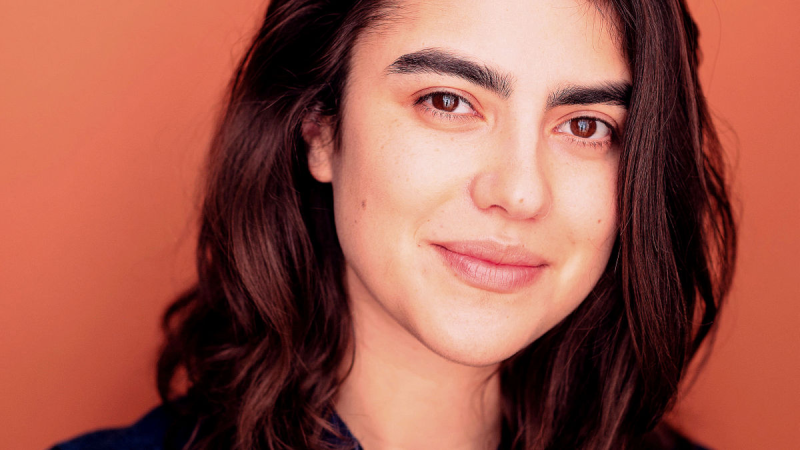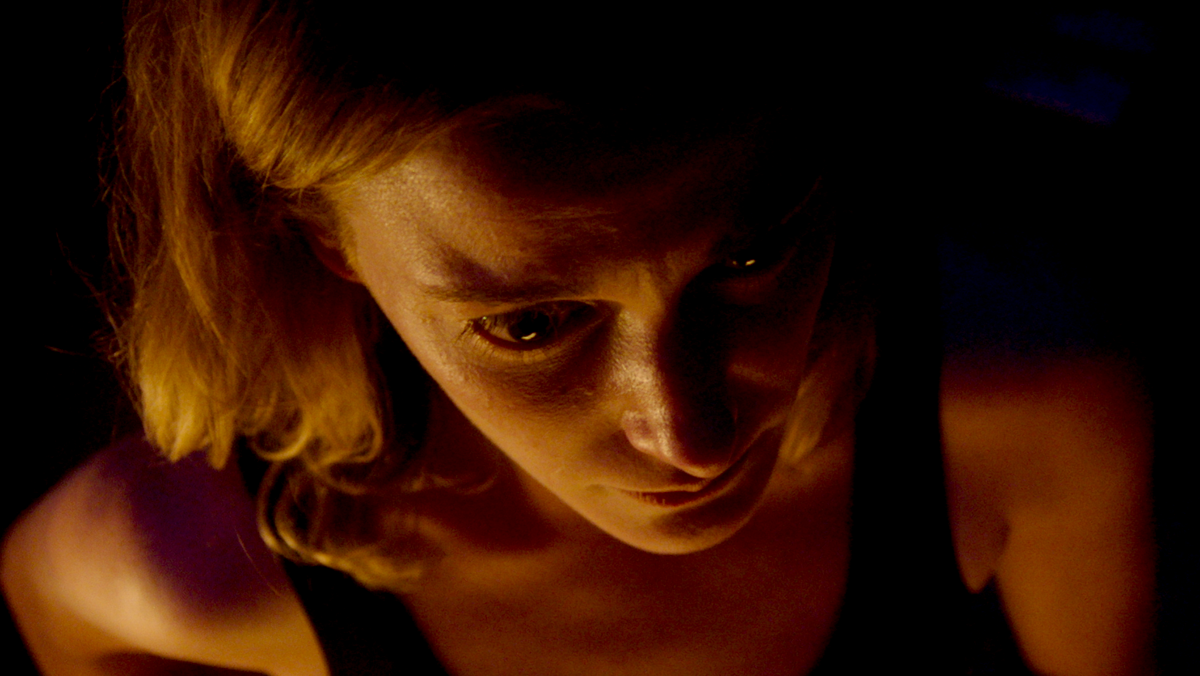
A Case Study
Narrative | Dramatic Features
Film Name: The Hole
Genre: Psychological Thriller/Body Horror
Date: September 2020
Director: Louis Lagayette
Producer: Molly Evans
Writer: Louis Lagayette
Cinematographer: Cory Fraiman-Lott
Production: NYC
Budget: $2500
Financing: Independent financing
Shooting Format: Digital
Screening Format: DCP 2K
World Premiere: Hollyshorts Film Festival
Awards: N/A
Website: https://www.Instagram.com/theholetheshortfilm
indieactivity: What is your film about?
Louis Lagayette (LL): The Hole is a short film about a young woman grappling with eating disorders. She is obsessed with her own body image. One day, a hole appears on her body, triggering a set of events that will make her worst nightmares come true.
Tell us about the festival run, marketing and sales?
Louis Lagayette (LL): The Hole is just beginning its festival run at a few virtual festivals. So far we’ve screened at Hollyshorts, Harlem International Film Festival, ME Fest, Hot Springs Horror and Aesthetica Short Film Fest to name a few. We’re excited to continue the run into spring of 2021.
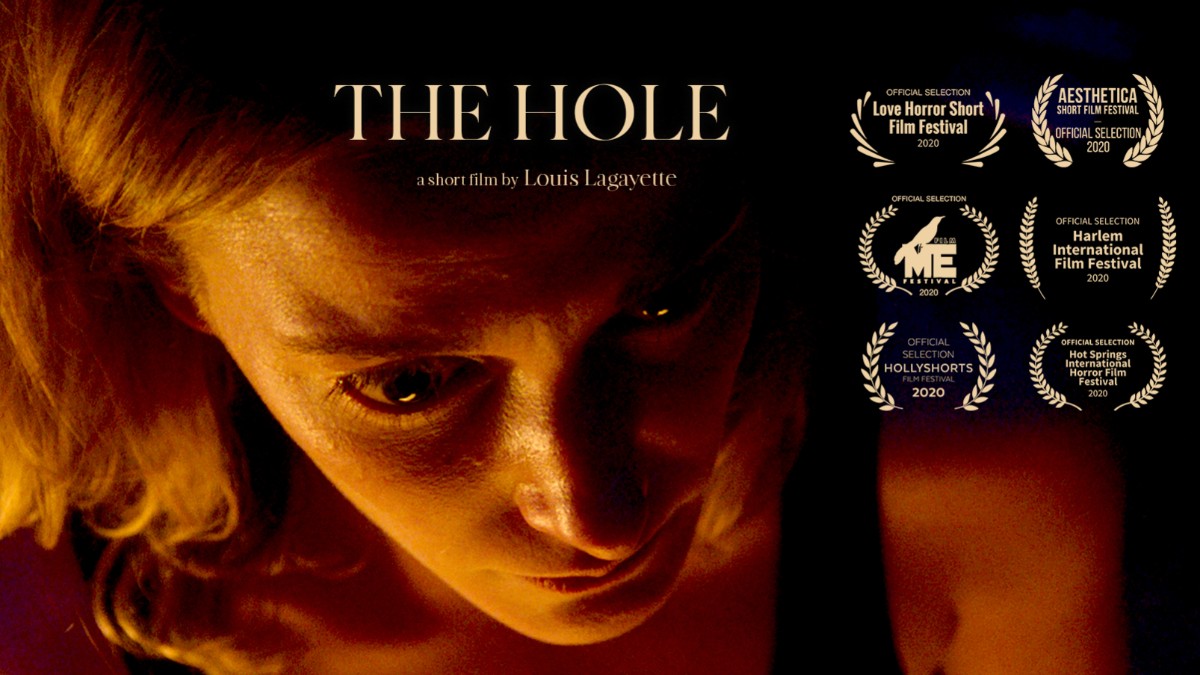
Give the full Official Synopsis for your film?
Louis Lagayette (LL): Sally is a young woman grappling with eating disorders. One day, a whole appears on her body, triggering events that will make her worst nightmare come true.
Development & Financing?
Molly Evans & Louis Lagayette (LL): The screenplay was developed as part of our MFA at Columbia. Louis is a directing/screenwriting concentrate and he started working on the story of The Hole in early 2018. He developed the screenplay until January 2019, when Molly came on board as producer and helped him take him a step further.
The film would be part of Columbia’s first year project, which they call 8-12 (i.e. 8-12 minutes short). Our budget was capped at $2,500 by the school, which is both daunting and exciting. We raised the money thanks to a couple of generous contributions added to our own money.
Production?
Molly Evans (ME): Our production process moved quite quickly as we had to adhere to the University’s deadlines. We found all of our locations in NYC including the office spaces and formed great relationships with all of these wonderful companies that helped make this production happen. We shot the film in 3 days shooting in various locations around the city such as a restaurant, two office locations, the subway, and an apartment. We finished the film in time for fall festival deadlines for September of 2020.
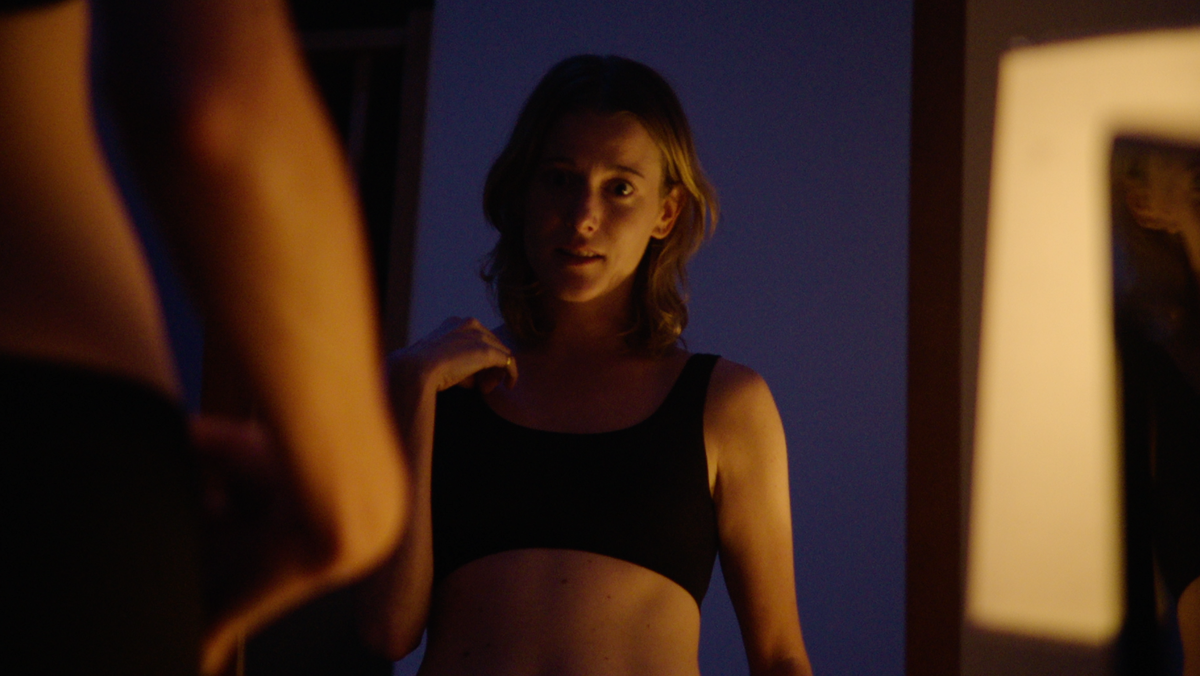
Festival Preparation & Strategy?
Molly Evans (ME): Of course this year has been quite unique because of the Pandemic but we have all continued to persevere in the industry amidst it all. Our goal was to push for some great virtual festivals to start off our run in the fall of 2020 and then hope to attend some in-person festivals next spring. We’ve been using Instagram for PR as there has been an uptick in social media use with everyone staying home.
The Release?
Molly Evans: The film had its NY premiere at the Harlem International Film Festival which was virtual but quite special because we filmed a good chunk of the film in Harlem and all of the film in New York!
Advice from the Filmmaker?
Louis Lagayette (LL): The Hole came from a personal place (people close to me experienced severe types of eating disorders), yet I didn’t myself experience the struggles that our main character goes through. In a way, I think it’s a good balance to try and strike. Some people have incredible life stories which are worth putting on screen, but I think a lot of people fall into the trap of thinking that their life in itself is interesting and deserves to become a film. I find that more often than not, autobiographies, however adapted and dramatised, are often too self-tolerant and sometimes suffer from a filmmaker’s over attachment to the experience and the emotions at stake.
Equally, another trap that a lot of us fall into is the tendency to tackle subjects and imagine stories just because they interest us. That’s great, but it often needs to be paired up with some sort of personal relation (or personal take) on the subject.
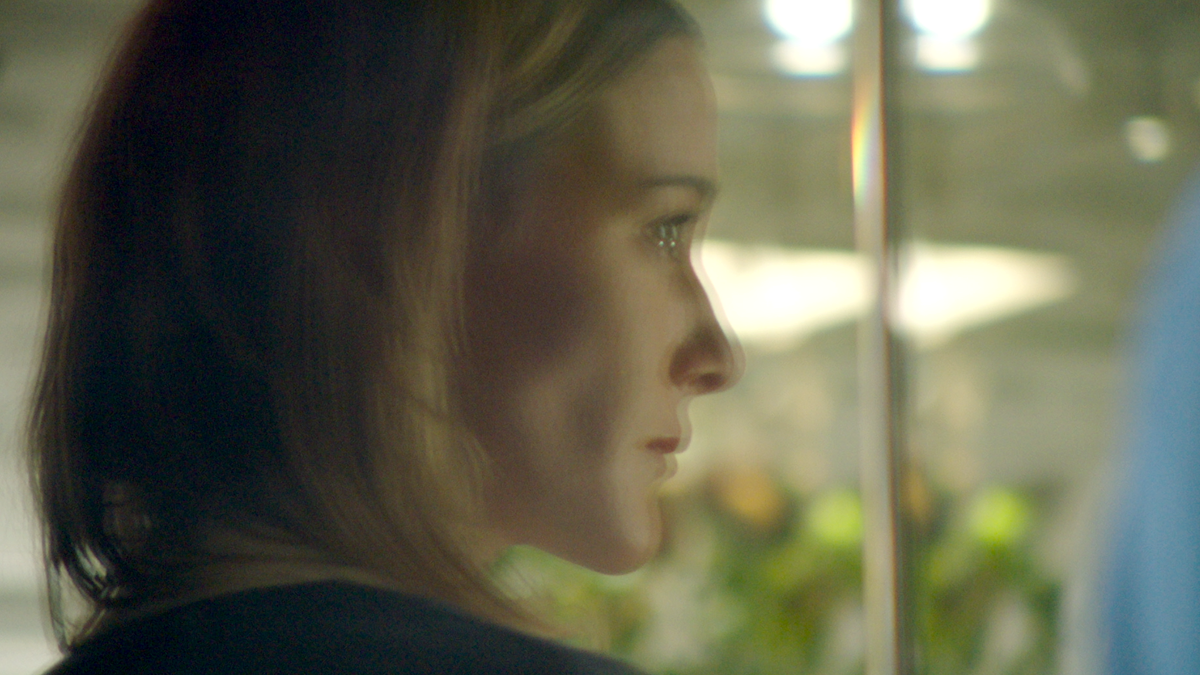
So my advice is, try to tell stories that not only interest you, but that you can relate to your own experiences in order to make them unique. For a story to be simply personal isn’t enough and sometimes harmful to the process of writing and storytelling. Moreover, you don’t need to have experienced everything and anything in order to tell stories, but you need to look deep into yourself to find how a character and their emotions can resonate deeply into you.
Tell us what you think of the Case Study for THE HOLE What do you think? Let’s have your comments below and/or on Facebook or Instagram! Or join me on Twitter.
Follow Louis Lagayette on Social Media
IMDb
Twitter
Instagram
Vimeo
MORE STORIES FOR YOU

